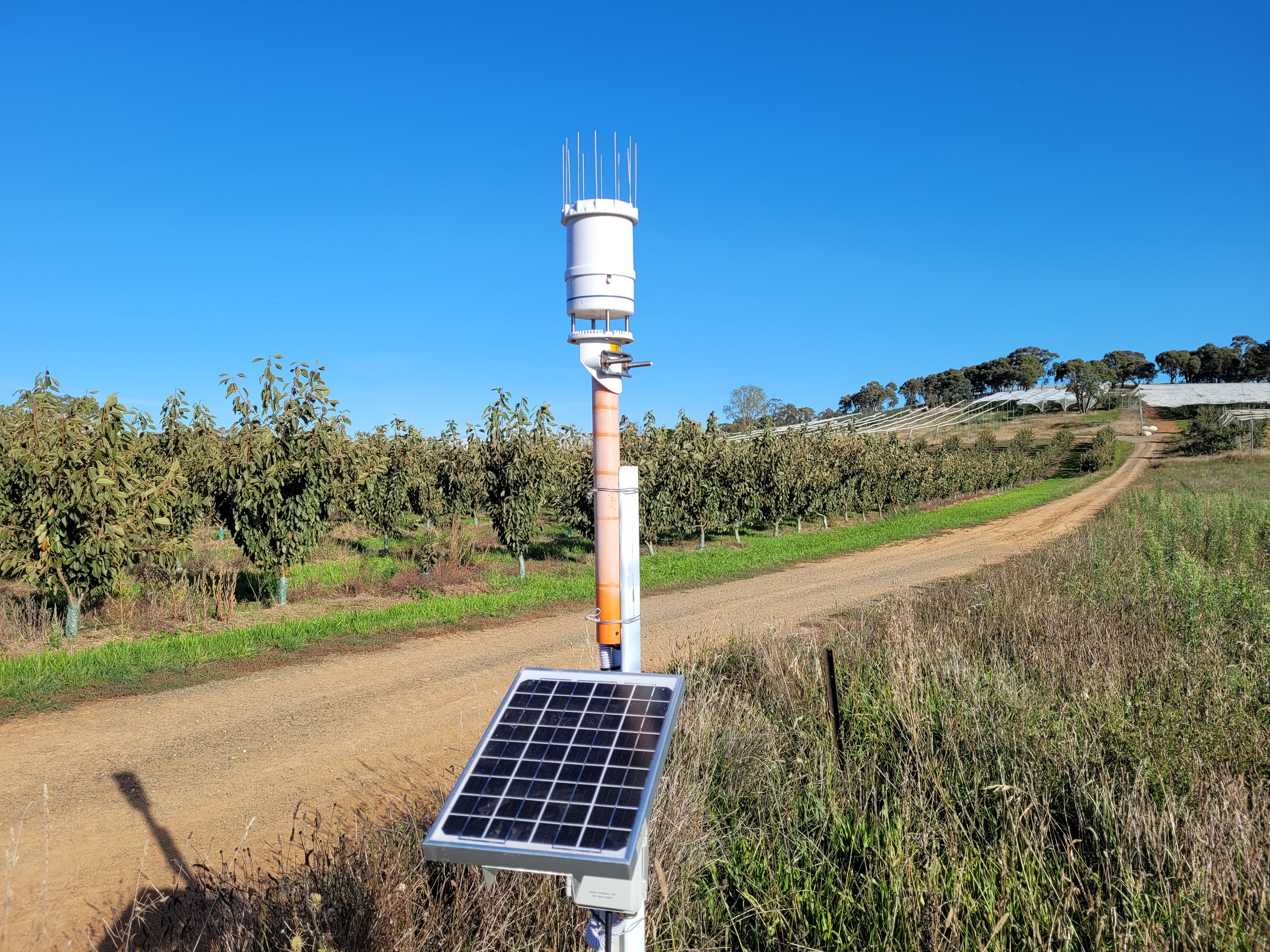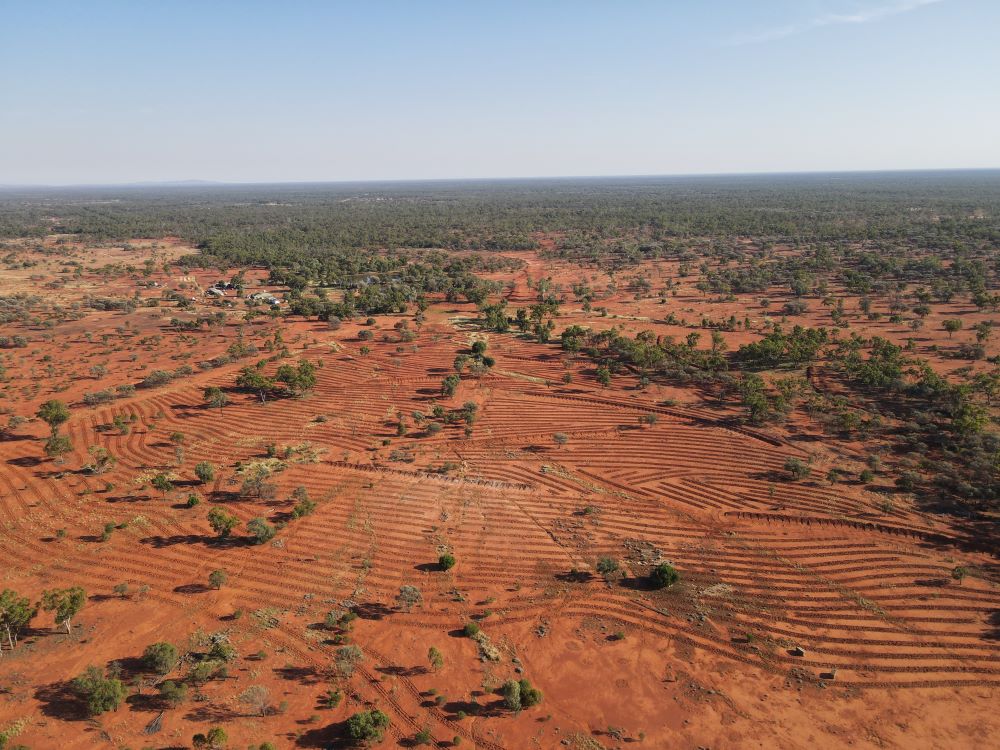Project 7: Climate Smart Pilots
Supporting farmers to pilot projects that build climate resilience in rural communities and primary industries
Technology is seen as an important factor underpinning the capacity of agriculture to adapt to climate and other changes into the future. New information technologies provide the means to connect the landscape, farmers and regional communities in ways that have not been possible before. This creates opportunities to improve climate adaptation responses through better management of short-term variability, including extreme events or water resource management.
Current investment uncertainty in climate change adaptation can be further reduced by demonstrating actions through on-ground pilot programs. This moves adaptation beyond research by providing farmers, regions and investors with improved certainty to make change.
The Climate-Smart Pilots project is providing practical demonstrations of how digital technology and other new adaptation options can be used to manage an increasingly variable climate.
The ultimate goal is to support primary industries across NSW in responding to climate variability and change through innovative solutions such as ag tech.
By improving access to data and the effectiveness of ag tech in supporting decisions the pilots, will provide evidence that informs future policy and investment in the use of ag tech for climate adaptation.
Key project activities will include
1. Climate-Smart Technology pilots: investigating how digital technologies can assist primary industries in NSW to better plan and respond to climate variability and change.
Pilot projects will trial monitoring technologies that improve the management of climate variability focusing on four key primary industries: horticulture, livestock, fisheries, and irrigated cropping.

2. Climate-Smart adaptation pilots: expanding existing practical on-ground actions that show sound adaptation pathways for improved profitability and sustainability.
This work advances beyond planning and assessment by providing a basis for demonstration and comprehensive evaluation. It aims to address the uncertainty in the effectiveness and possible returns associated with different on-farm adaptation options which prepare for and build resilience to climate change.

Read more about our Climate Smart Pilots and digital agriculture research.